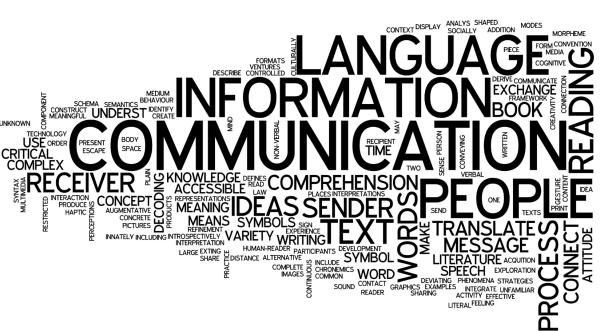Inclusive Language Creates Inclusive Workplaces
Inclusive Language Creates Inclusive Workplaces
Language is one of the most powerful tools we possess. It’s integral to our everyday life and is essential if everyone is to feel welcome, understood and have a sense of belonging.
Engagement with our members tells us that a large number of colleagues are sometimes unsure if they are using correct terms and language in their everyday personal and professional lives, fearing that they may say or use the wrong term which has a negative impact on someone – or even inadvertently exclude them.
Inclusive language put simply, avoids any language that is biased or prejudiced to any individual or group of people. Inclusive language through all mediums seeks to treat all people with respect, dignity, and impartiality and ultimately exclude no-one, creating a sense of belonging. However, it’s not an easy path, as the meaning of language can change over time and it requires us to regularly challenge and change our habits.
Making changes to use more inclusive language allows us to grow and shows compassion and empathy to the people around us; the fact is that we still might not always get it right, but the commitment to learning is how we do better in future. We also need to remember that inclusive language covers a wide range of communication approaches like emails, social media, websites, imagery and policies and all should be reviewed through an inclusion lens.
To help you on your way we have developed the Inclusive Language Guide that has common words and phrases found in communication and the inclusive replacements, which we hope you find useful so feel free to download and save it to your resources. However, these are only our suggestions as there are many ways to express something in a more inclusive way, also if there are some we haven’t included that you’d like to see, then drop us a line at info@taipawb.org and we can update it.
As a last reminder, we just want to reiterate that it’s ok to get it wrong sometimes, we are human after all. If you get something wrong, correct yourself, apologise and move on. If you aren’t sure about something – just ask.
Other Resources:
Podcasts:
Why bother with Inclusive Language? – Diverse Minds
Reading:
Inclusive language and disability (Disability Wales) – Inclusive Language and Imagery – Disability Wales
Accessible communication formats (Welsh Government) Accessible communication formats – GOV.UK (www.gov.uk)
Training & Development:
Lets Talk About…. The Power and Impact of Language (Tai Pawb) Training & Development – Tai Pawb
Inclusive Leadership (Tai Pawb) – Training & Development – Tai Pawb